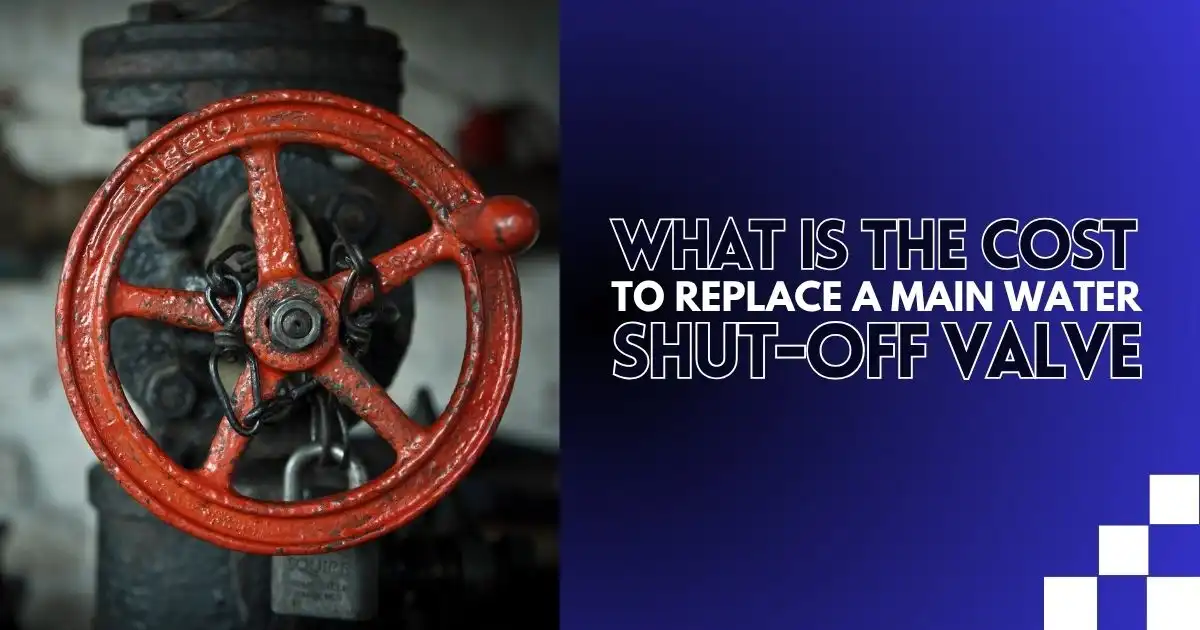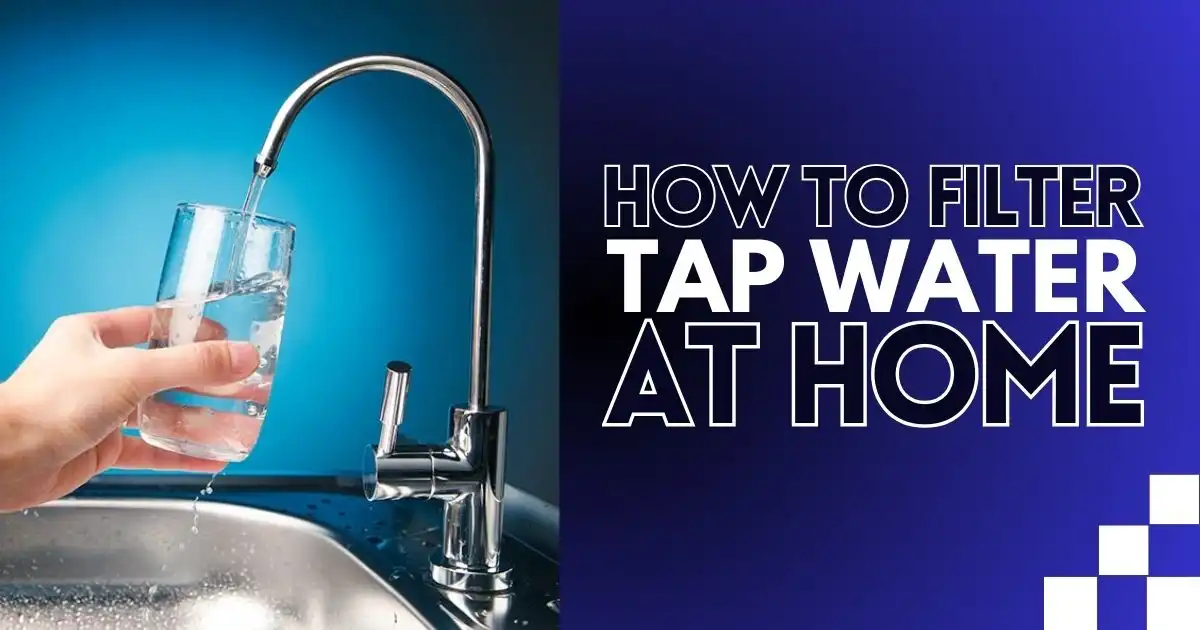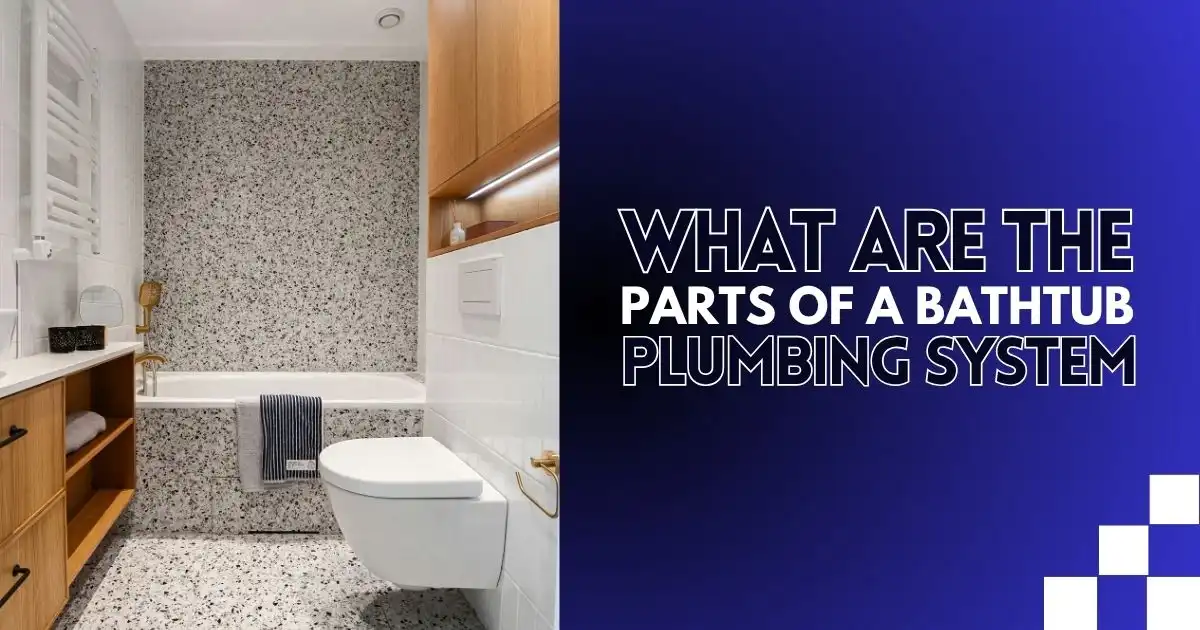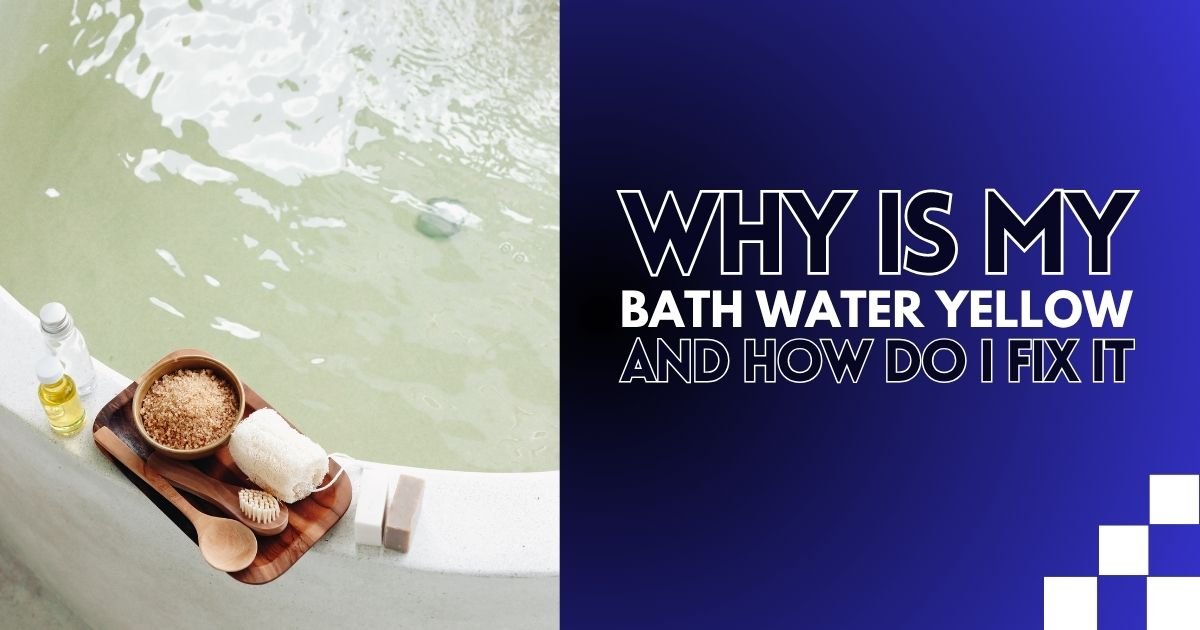The cost to replace a main water shut-off valve ranges from $150 to $500, with most homeowners paying around $250 to $400 for parts and labor. Final pricing depends on valve type, access, plumber rates, and permits.
Plumbing prices often come wrapped in vague estimates, leaving you unsure of what’s fair or what’s inflated. Hippo, a home insurance provider known for tracking homeowner trends, reported in a survey that 66% of homeowners find it difficult to predict home repair costs before hiring a professional. That uncertainty makes it harder to plan or feel confident when comparing quotes, especially for repairs that need to happen quickly.
So what should you expect during the process, and how do those details factor into the final price?
What Affects the Price of Shut-Off Valve Replacement?
The cost to replace a shut-off valve depends on valve type, pipe material, access, permits, timing, plumber experience, and added work. Each factor affects how simple or involved the job becomes.
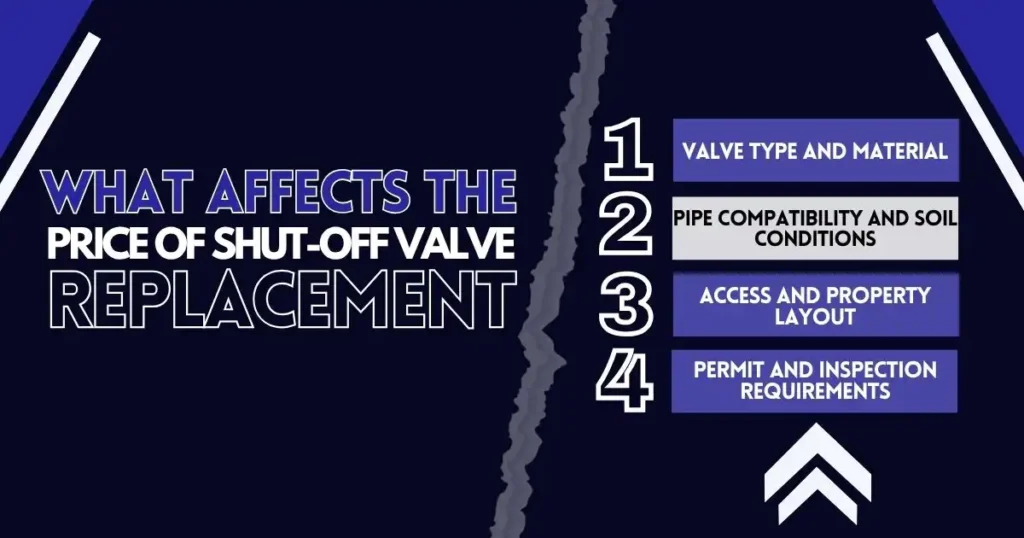
1. Valve Type and Material
Shut-off valves come in different types and quality levels. Ball valves are durable, easy to operate, and less prone to failure. However, they typically cost more than older gate valves or low-grade alternatives. On average, a standard ball valve costs between $10 and $30, while higher-end or specialty valves can reach $50 or more.
If your existing valve doesn’t match newer standards, switching to modern main water shut off valve types may require added parts to connect properly. This drives up both parts and labor costs, especially in older homes or commercial properties.
2. Pipe Compatibility and Soil Conditions
The type of pipe connected to the shut-off valve affects how complex the job will be. Galvanized steel and copper often take more time to cut and seal than flexible PEX. This increases overall effort, especially in older plumbing systems that haven’t been updated.
Labor for this kind of work typically ranges from $75 to $150 per hour, depending on your location and the plumber’s experience. If the main water shut off valve location is outdoors and buried in dense clay, rock, or compacted soil, excavation becomes more difficult. This adds time to the job and raises the overall replacement cost.
3. Access and Property Layout
Some shut-off valves are easy to reach, but others are hidden behind walls, under concrete, or buried in tight crawlspaces. These setups take more time and may require special tools or cutting into walls or flooring to reach the valve. Factoring in drywall or surface restoration, labor for this kind of access work typically ranges from $273 to $328 per valve installation.
In older homes with limited records or unusual layouts, even finding the main water shut off valve can slow things down. If the valve sits beneath a slab, behind built-ins, or under structures that can’t be disturbed, plumbers will need to work around those obstacles. This adds both time and cost.
4. Permit and Inspection Requirements
Many cities require permits before plumbing work can begin. This is especially true if you’re replacing a valve that connects to the main water supply line. Permit fees vary, but they typically range from $25 to $100.
After the work is done, some areas also require a city inspection. These steps add to the cost of replacing a main water shut off valve, but they also help ensure the job meets local building codes and won’t cause issues during future home sales or insurance claims.
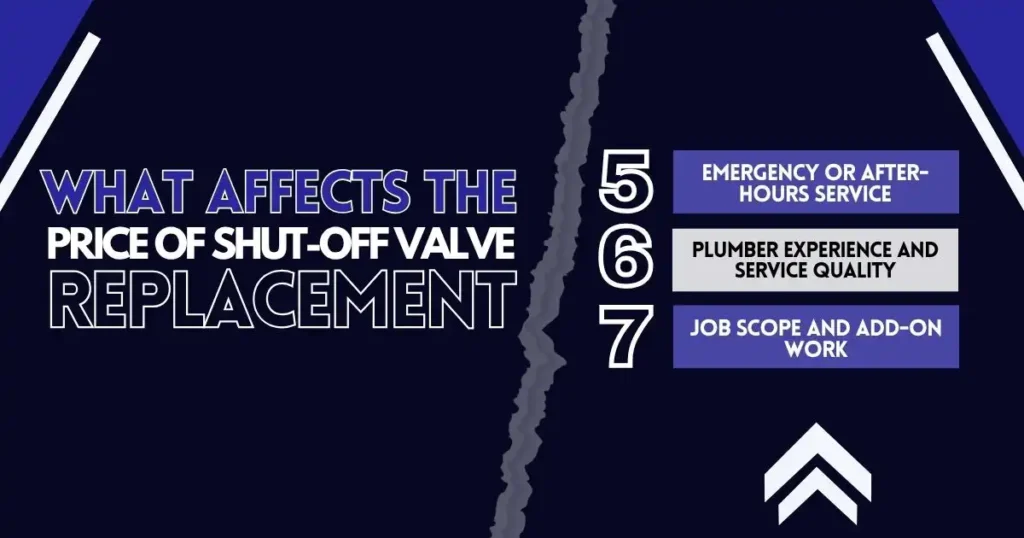
5. Emergency or After-Hours Service
When a valve fails suddenly or starts leaking heavily, you may need same-day service. Plumbers often charge more for work done on evenings, weekends, or holidays. This added cost can be $100 or more, depending on your location and the company’s service policies.
Emergency fees add to your total main water shut off valve replacement cost, but delaying service could lead to water damage or operational downtime, especially in a business setting.
6. Plumber Experience and Service Quality
Plumbers charge different rates based on their experience and reputation. Licensed professionals with good reviews tend to charge more, often $100 to $150 per hour. Rates up to $200 for master plumbers, but they often work faster and avoid mistakes. You’ll also be more likely to pass inspections the first time.
Lower-cost contractors might save you money upfront, but can create long-term issues if the valve isn’t installed correctly. Hiring someone who knows how to replace a main water shut off valve properly is worth the investment.
7. Job Scope and Add-On Work
If your plumber is already working on your system, such as replacing pipes or fixtures, adding a valve replacement can be more affordable. Some contractors reduce labor rates when tasks are bundled together.
On the other hand, if the valve is part of a larger system upgrade or connected to outdated parts, extra work may be required. The time and tools needed to complete those tasks will raise your total cost.
What Are the Signs You Need a New Main Shut-Off Valve?
You may need a new main water shut-off valve if it leaks, is hard to turn, won’t fully stop water flow, shows rust, or is over 20 years old. These issues often signal worn parts or internal damage that can lead to failure if not addressed.
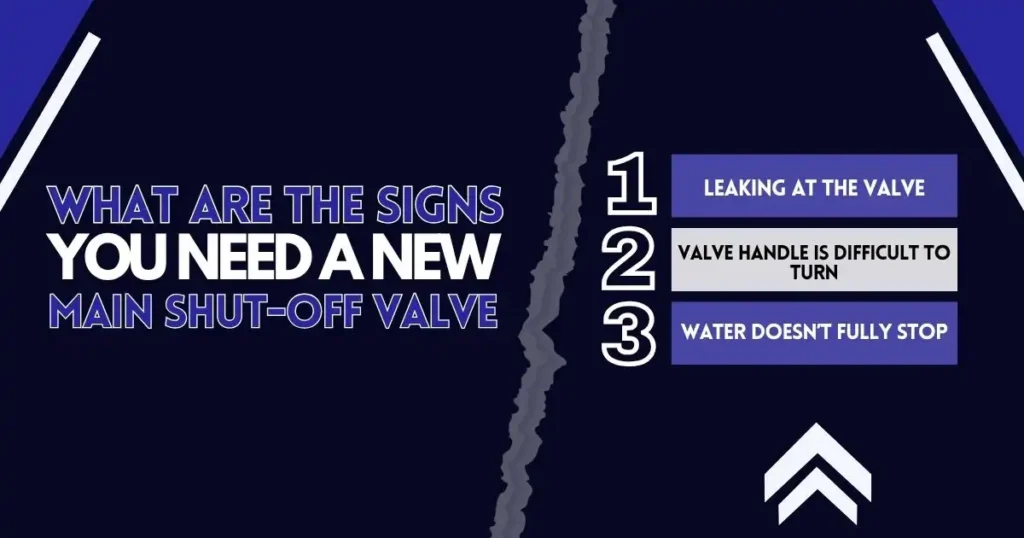
- Leaking at the Valve: A main water shut off valve leaking around the handle or threads usually means the internal components have worn or cracked. This can lead to water damage, especially if the leak goes unnoticed.
- Valve Handle Is Difficult to Turn: If the handle is stiff or requires extra force, internal corrosion or mineral buildup may be the cause. This makes it harder to shut off the water quickly, which can delay your response during an emergency.
- Water Doesn’t Fully Stop: When the valve is closed but water still flows, the sealing mechanism has likely failed. This makes it impossible to shut off the system properly. Even knowing how to shut off main water valve won’t help if the valve doesn’t work. In these cases, full replacement is the most effective solution.
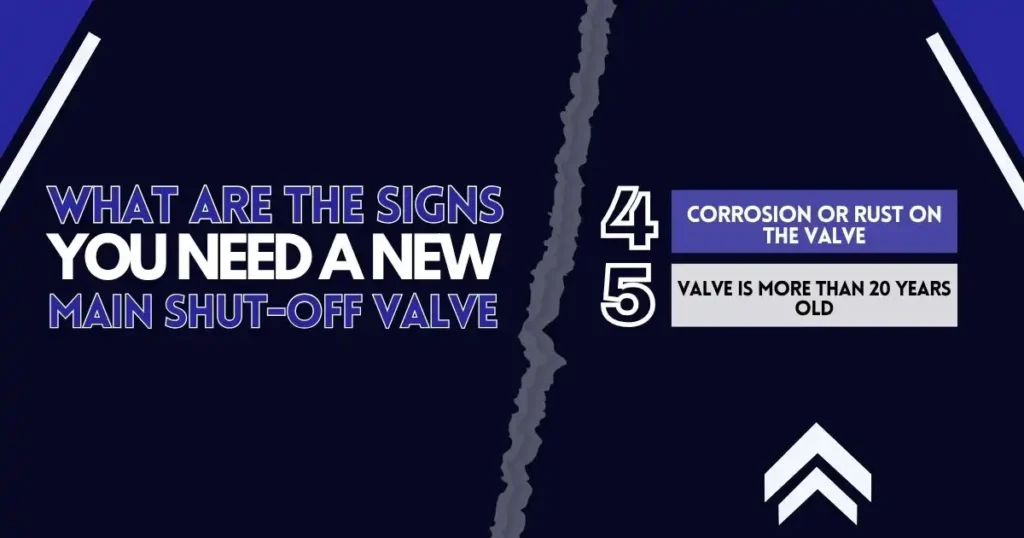
- Corrosion or Rust on the Valve: Visible rust around the joints or valve body signals that the metal has started to deteriorate. This weakens the valve and increases the risk of leaks or failure under pressure.
- Valve Is More Than 20 Years Old: Older valves may still work but are more prone to failure. Replacing aging main water shut off valve parts improves reliability and helps prevent costly emergency repairs.
A Valve Today, or a Flood Tomorrow
A worn valve might seem like a small fix, but the job can uncover deeper plumbing issues. Outdated materials, hard-to-reach valve locations, or non-standard pipe connections often add time and cost. If you’re in an older home or managing a commercial space, replacement can involve trenching, structural access, or upgraded parts to meet code. Planning makes a big difference in how smoothly the project goes and how much you pay.
Vegas Plumbing Pros handles every aspect of shut-off valve replacement, from permits to installation. Our team works with copper, PEX, and older pipe systems, and we know how to navigate tough layouts without unnecessary damage. Contact us today and get it fixed before it turns into a mess. One valve swap today can save you thousands tomorrow.
FAQs
What is the best shut-off valve for main water line?
A ball valve is widely considered the best option for a main water shut-off. It’s durable, easy to operate, and creates a reliable, watertight seal when fully closed. If you’re finding main water shut off valve connections near your water meter or entry point, chances are it’s a ball valve.
How much should a plumber charge to change a valve?
Plumbers typically charge between $50 and $100 per hour. Since most replacements take 1 to 2 hours, you can expect to pay $50 to $200 for labor. This is part of the total cost to replace main water shut off valve, which also includes parts and potential permit fees.
How long do main water valves last?
Main water shut-off valves usually last about 20 years. After that, leaks and malfunctions become more likely. If you haven’t checked yours recently, start by finding main water shut off valve access and inspecting it for corrosion or stiffness.
Which is better, a plastic or metal shut-off valve?
Plastic shut-off valves are more affordable, resist rust, and require less upkeep. Metal valves are stronger but cost more and may corrode. So how much does a water valve cost? Plastic options start under $10, while metal versions typically range from $10 to $30 depending on quality.
